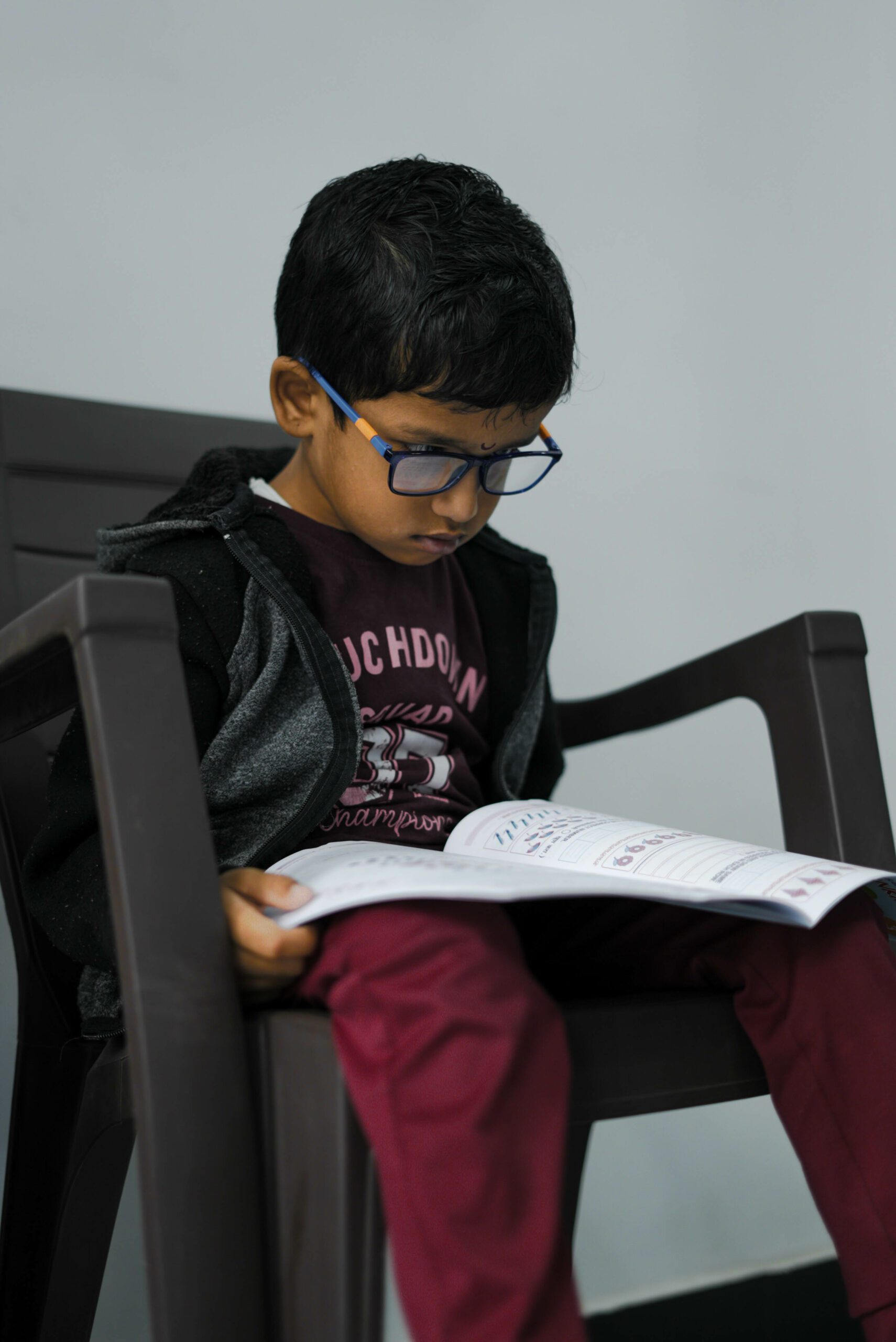HOYA to raise £50,000 for eyecare in India
 Lens manufacturer HOYA UK has launched a campaign to raise £50,000 over three years to fund a sustainable vision centre in India.
Lens manufacturer HOYA UK has launched a campaign to raise £50,000 over three years to fund a sustainable vision centre in India.
Fundraising efforts will include taking part in the London Marathon, Welsh Three Peaks and placing donation terminals in practices.
The centre, run by charity Orbis with local partners, will provide comprehensive eyecare to 100,000 children and adults, and use solar panels and energy efficient appliances. It will offer free care to people who can’t pay, and affordable care to those on low incomes.
India has more blind children than any other nation and 9.3m with visual impairment. Orbis has worked in the country to train healthcare workers, raise awareness of eye health, and improve access to eyecare for over 20 years.
Rebecca Cronin, Orbis UK chief executive, said: “Education and livelihoods can be severely impacted by a lack of access to quality eyecare, and small interventions can make a large difference.
“Thanks to HOYA UK, this new vision centre will bring much needed eye care and treatment options to the doorstep of another community.”
Internationally, HOYA Vision Care has renewed its partnership with Orbis International for the next three years. Support will help schoolchildren gain access to vision services in India, and train eyecare professionals around the world through telemedicine.
Alexandre Montague, chief executive of HOYA Vision Care, said: “This partnership takes us another step in the direction of closing the vision health gap, enabling everyone to experience the gift of sight.”
Hoya will fund four centres and three hospitals, enabling Orbis partners to screen the vision of more than 500,000 children and provide more than 15,000 spectacles as part of the Refractive Error Among Children (REACH) programme.
The partnership will also support Cybersight, which provides eyecare professionals with free virtual access to training, knowledge, and other resources. HOYA’s contribution will focus on myopia, reaching thousands of professionals in areas with a high prevalence of the condition, such as China and parts of Southeast Asia.